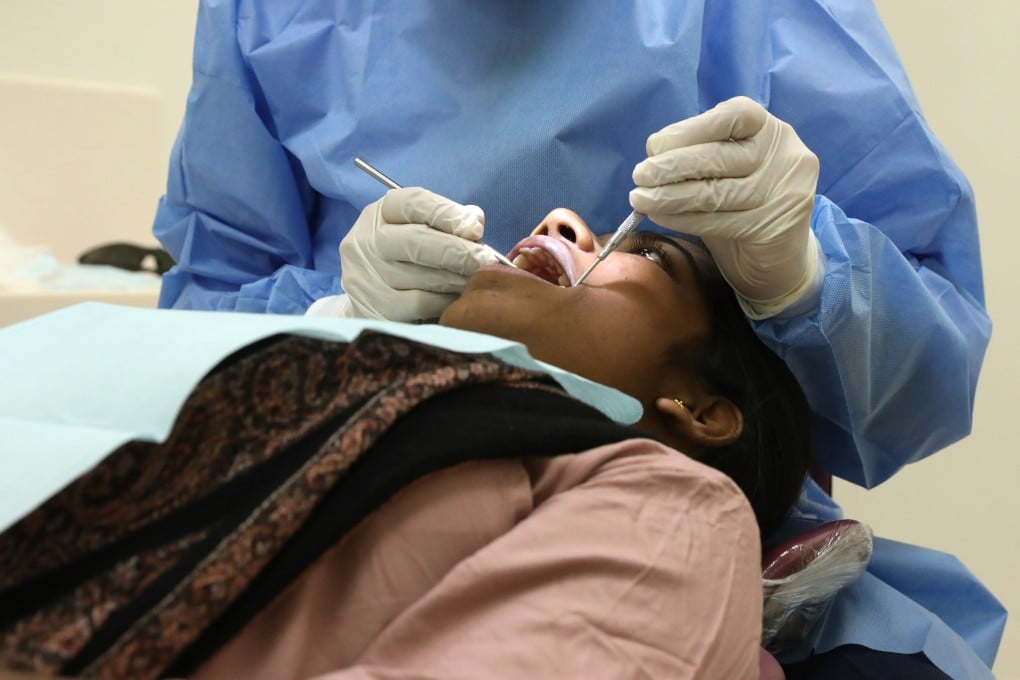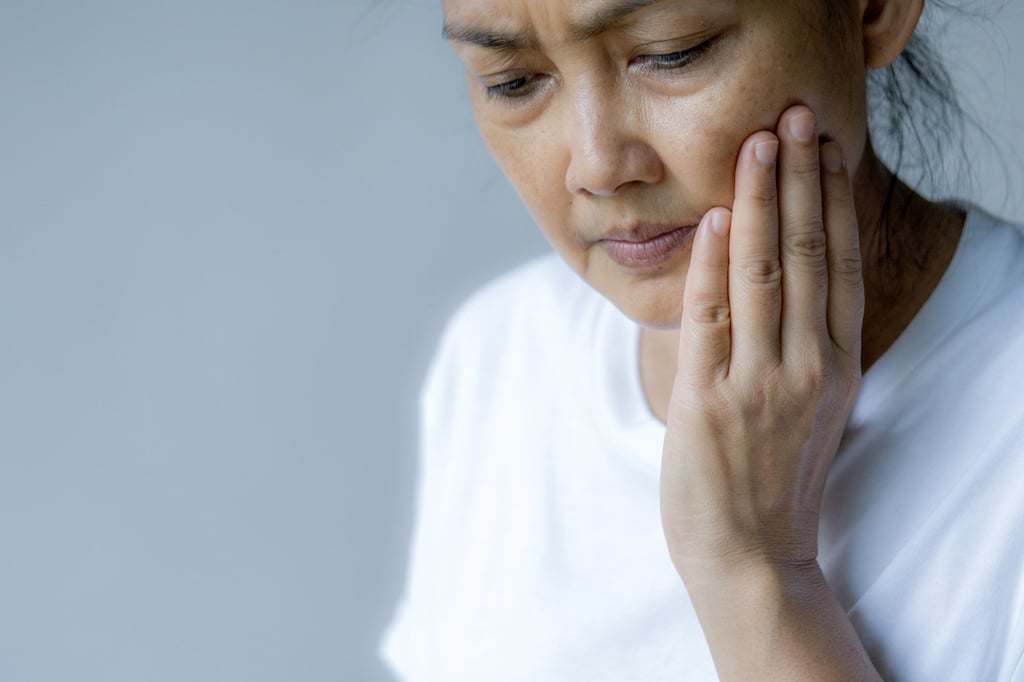Outside In | Accessing dental care in Hong Kong means choosing between high prices and long waits
- Plans to reduce public dental services will leave many who lack the funds to go private with no choice but to wait months – or years – for a visit
- Globally, the problem is even worse, with oral diseases affecting some 3.5 billion people and most unable to access affordable care

Reports this week of elderly Hongkongers queuing overnight for dental appointments at one of our 11 public dental clinics had me thinking about this soft underbelly of Hong Kong’s medical system: those who have funds go private; those without funds wait.
This is, of course, not a complaint confined to dentistry: only last week, I visited a public health clinic in Sai Kung to deal with a chronic ear infection that is giving me hearing problems.
The doctor gave me the usual antibiotic ear drops and drafted a referral letter to a specialist at Tseung Kwan O Hospital. The next day, I went to the hospital to arrange an appointment. The good news: the process was swift and efficient. The bad news: the appointment is at 2.30pm on May 23, 2024. What are the odds that, by then, I will be stone deaf?
If problems are acute in our hospitals, they are worse still in public-sector dentistry. The gross numbers don’t seem not too terrible: we have around 2,700 practising dentists in Hong Kong, about 3.5 per 10,000 people. That is close to Singapore (4 per 10,000), although less than Japan (8), Germany (8.6) and Norway (8.7).

But these numbers tell a misleading story. Of our 2,700 dentists, just 300 work in public clinics. Around three-quarters are in (normally expensive) private practice. The government provides dental check-ups for primary school children, and some vouchers to those in need over 65, but that’s about all.
